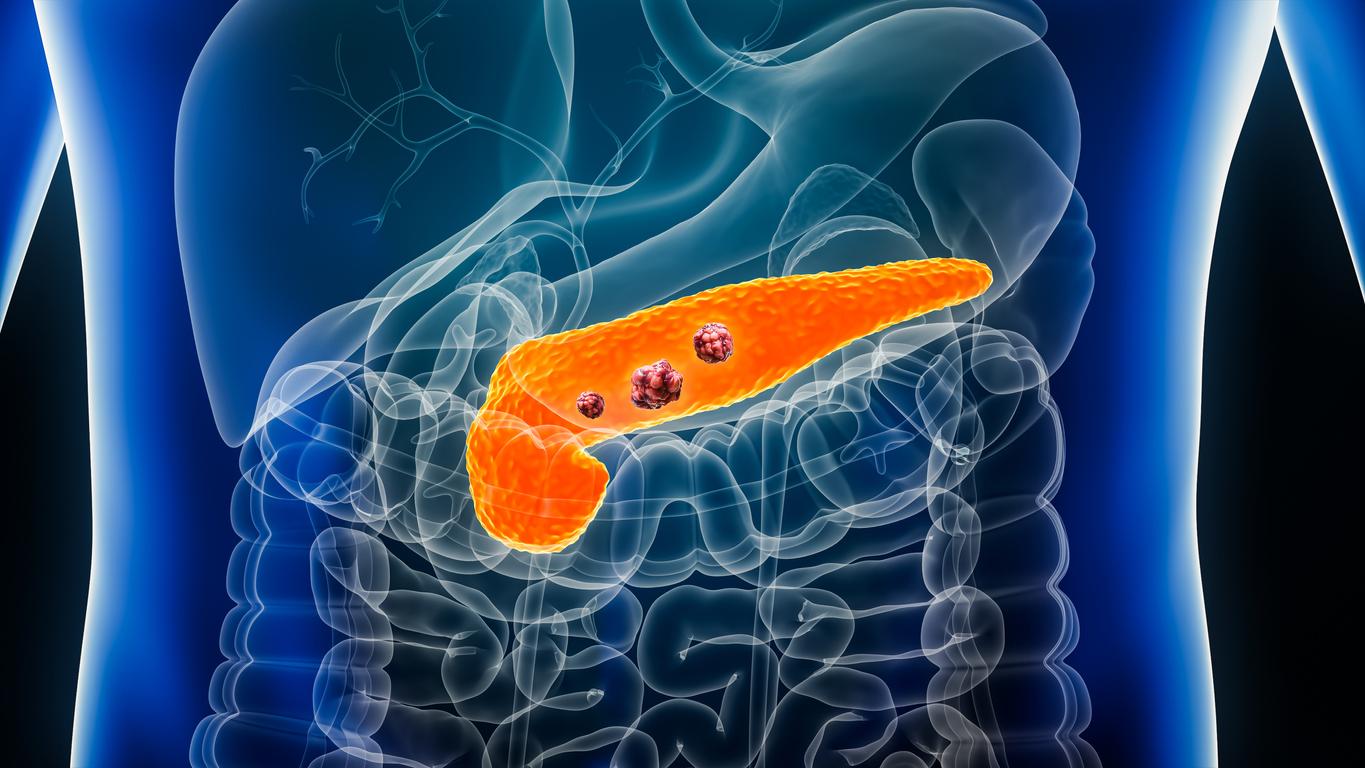Three molecules make it possible to determine the risk of atrial fibrillation and to predict the effectiveness of treatment.

Determine the risk of atrial fibrillation through a blood test: researchers have identified three biomarkers present in the blood of people affected. Their results could also make it possible to improve the management of the disease. They are published in Journal of the American College of Cardiology.
A disordered action of the cells of the atria
Atrial or atrial fibrillation is a heart rhythm disorder: the heart beats faster and irregularly. The muscle cells of the atria, present in the upper chambers of the heart, have an uncoordinated action, because there is a disorder of electrical transmission. This may increase the risk of a blood clot or heart failure.
A phenomenon linked to the collagen present in the heart
Scientists from the University of Navarre in Spain included 392 participants in their research, 150 of whom were treated with cardiac ablation. The latter consists of removing damaged tissue to restore a normal heart rhythm.
A blood sample was taken from all the participants. The researchers quickly found that the levels of three molecules linked to the metabolization of collagen present in the heart are indicators of the risk of atrial fibrillation. Too high levels of PICP, produced when the body makes collagen and too low levels of MMP-1, which breaks down collagen to allow it to be renewed, and CITP, produced when collagen is broken down, are signs of the presence of heart disease. This is related to the important role of collagen in heart function. The auricles are lined with collagen fibers, which are renewed every 100 days. The alteration of the functioning of these three molecules disrupts this phenomenon, collagen is present in too large quantities, and this increases the risk of atrial fibrillation.

According to the researchers, these discoveries should make it possible to estimate the response rate to the various treatments, but also the risk of recurrence.
A widespread disease
Atrial fibrillation is the most common heart rhythm disorder: in France, it affects approximately 750,000 people. With age, the risk of getting it increases.

.
















